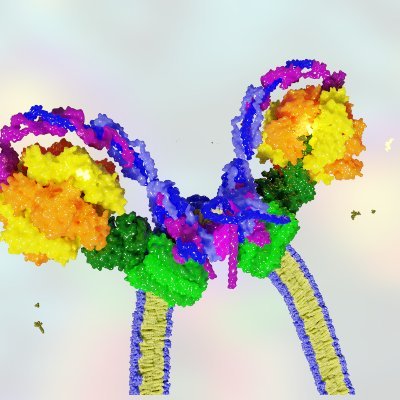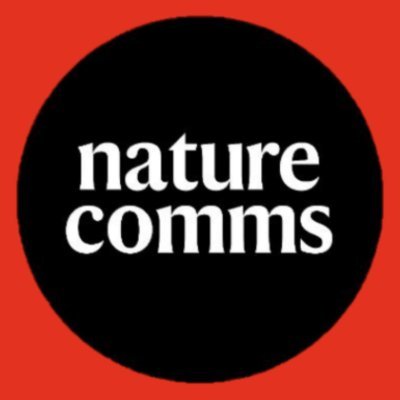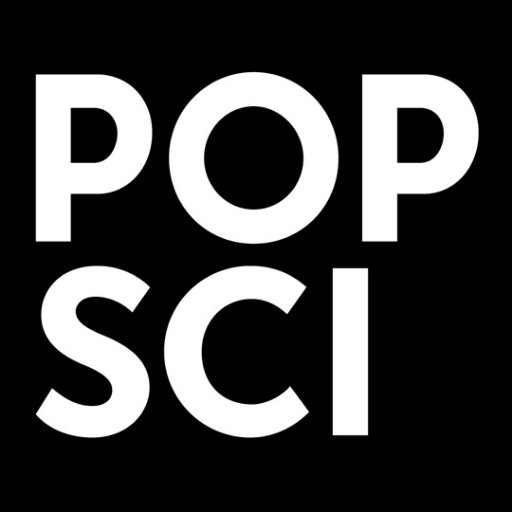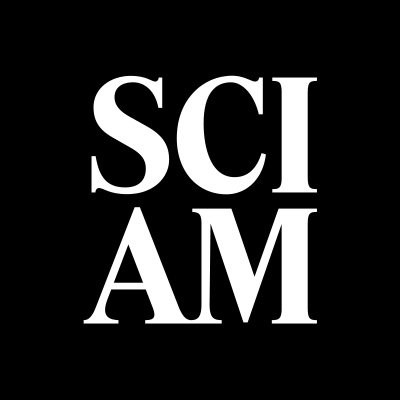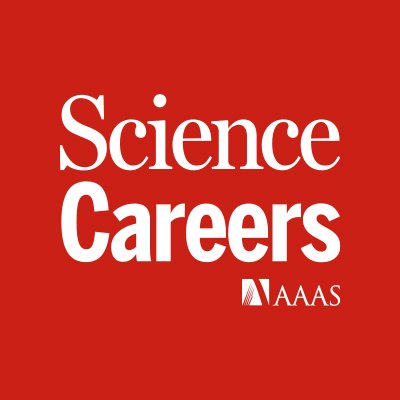
Molecular Monkey
@molecularmonk3yImma tell you everything you need to know about molecular biology
The study of twins has contributed significantly to our understanding of genetics, epigenetics, and the interplay between nature and nurture #TwinStudies #GeneticResearch
Fraternal twins (dizygotic) share an average of 50-75% of their DNA. This variation in genetic makeup can result in distinct physical characteristics and traits #TwinsDiversity #Genetics
MZ twins share 100% of their DNA, but they're not clones! Their genetic differences arise from random events during DNA replication, making them interesting cases for scientists #TwinsDNA #GeneticVariations
The concept of twinship is complex. Twins can be either dizygotic (fraternal) or monozygotic (identical). Each type has its unique characteristics and implications for genetic research #TwinTypes #GeneticsResearch
The relationship between cells, ribosomes, and the rRNA at the ribosomal core is the most fascinating of all biology. See for yourself! Learn more at smart-biology.com #biology #science #education #visuallearning #3d #animations #lessons #animated
Academics trying to figure out how to link the latest global crisis to their most recent publication

How engineered T cells are changing the face of autoimmune diseases via B cell depletion science.org/content/articl… @ScienceMagazine @NewsfromScience @jcouzin open-access

We've already seen remarkable results for lupus and other autoimmune diseases with CD19 B cell depletion therapy. Now add IgG4 related disease (which has no treatment) in a new randomized trial @NEJM nejm.org/doi/full/10.10…

Adult human brains have between 86-100 billion neurons and every single one is unique - like snowflakes! ❄️ In this 3D rendering by our #ElectronMicroscopy team, we see 3 different shapes incl. (from left to right) a basket cell, tufted excitatory cell, and a Martinotti cell.
Today we report Evo, a generalist foundation model for biology, on the cover of @ScienceMagazine Trained on billions of DNA nucleotides, Evo was designed to capture two key aspects of biology: the multi-modality of the central dogma and the multi-scale nature of evolution.
A new Science study presents “Evo”—a machine learning model capable of decoding and designing DNA, RNA, and protein sequences, from molecular to genome scale, with unparalleled accuracy. Evo’s ability to predict, generate, and engineer entire genomic sequences could change the…

MZ twins share 100% of their DNA, but they're not clones! Their genetic differences arise from random events during DNA replication, making them interesting cases for scientists #TwinsDNA #GeneticVariations
The concept of twinship is complex. Twins can be either dizygotic (fraternal) or monozygotic (identical). Each type has its unique characteristics and implications for genetic research #TwinTypes #GeneticsResearch
Vertebrate retrotransposons are the future of gene therapy. But how do they insert their genes? 🔥🔥 Thrilled to present part 2 of my postdoctoral work with @NogalesLab @CollinsRNPLab @berkeleyMCB where we investigate this using #CryoEM and transgene insertion in 🧪 and cells!
Did you know that some twins are "freaks" of nature? MZ (monozygotic) twins, who develop from a single fertilized egg, can exhibit genetic variations due to random errors in DNA replication #TwinsScience #GeneticVariations
Twins are genetically fascinating because they share 100% of their DNA - but that's not the same as being identical! They can still have unique characteristics like different eye colors or hairstyles #TwinsFascination #Genetics
Genetic research is constantly advancing, helping us understand the causes of genetic disorders and develop new treatments. Current breakthroughs aim to personalize medicine and enhance patient care. #GeneTherapy
Organisms are influenced by multiple factors, including genetics, environment, and epigenetics. Genetic disorders result from imbalances in these influences. #Epigenetics
Genetic disorders can be treated with medication, surgery, or lifestyle changes. In some cases, gene therapy or organ transplantation may also be an option. #MedicalTreatment
Lizard spit contains a molecule that can help doctors find rare and benign tumors in the pancreas. sciencenews.org/article/lizard…
Genetic testing can help diagnose a genetic disorder in utero or after birth. However, it may not always detect all possible genetic variants. #PrenatalTesting
Some common types of genetic disorders include sickle cell anemia, cystic fibrosis, and Huntington's disease. These conditions can have varying levels of severity and impact on quality of life. #RareDiseases
United States Trends
- 1. $MAYO 10 B posts
- 2. Tyson 392 B posts
- 3. Pence 44,6 B posts
- 4. Laken Riley 40,1 B posts
- 5. Dora 22,5 B posts
- 6. Ticketmaster 16,6 B posts
- 7. Kash 72,4 B posts
- 8. Mike Rogers 8.766 posts
- 9. #LetsBONK 6.205 posts
- 10. Cenk 11 B posts
- 11. Pirates 19 B posts
- 12. Debbie 16,7 B posts
- 13. #FursuitFriday 15,6 B posts
- 14. Iron Mike 16,3 B posts
- 15. Mr. Mayonnaise 1.381 posts
- 16. The UK 439 B posts
- 17. Gabrielle Union N/A
- 18. Fauci 175 B posts
- 19. Scholars 10,8 B posts
- 20. Oscars 14 B posts
Something went wrong.
Something went wrong.































